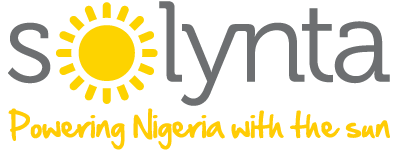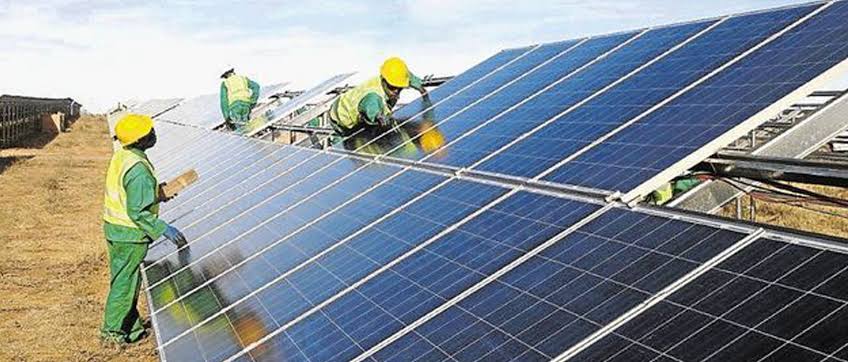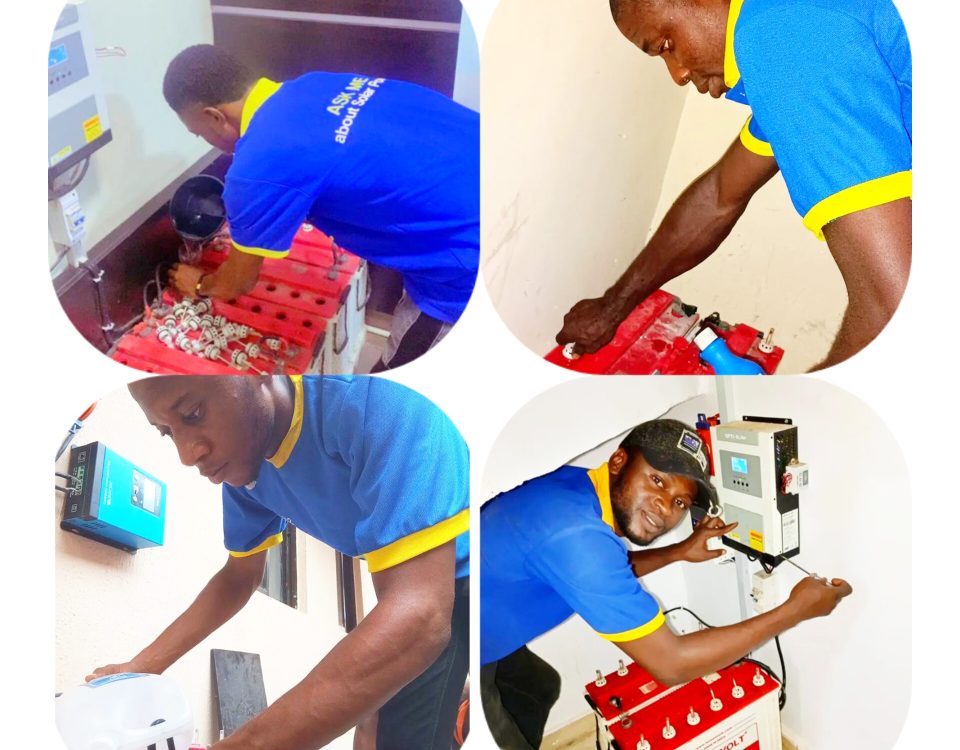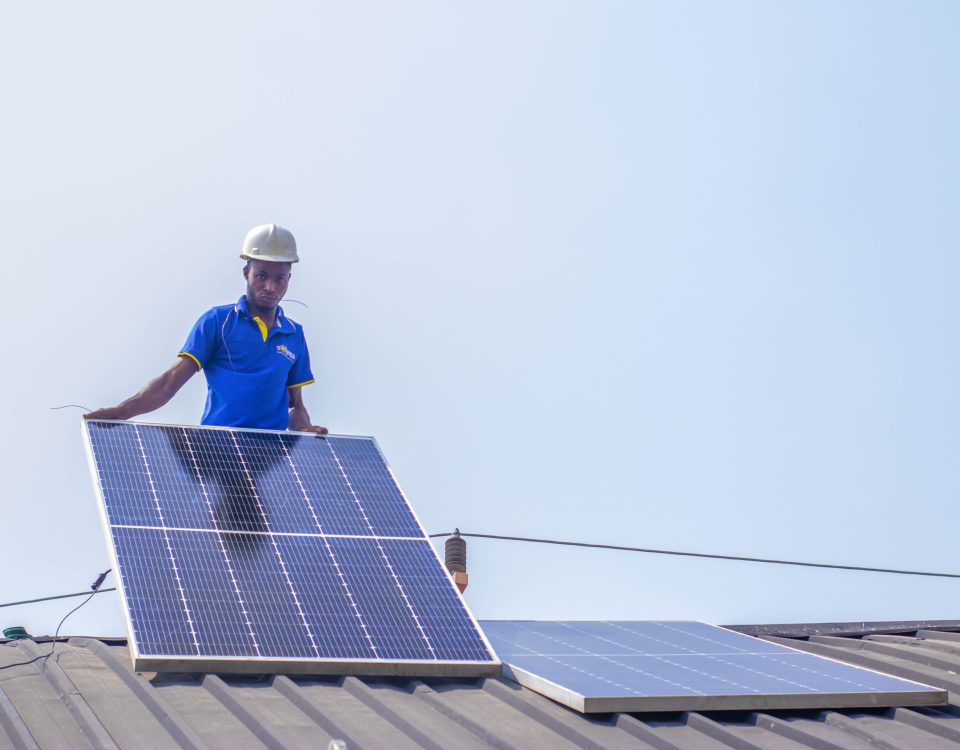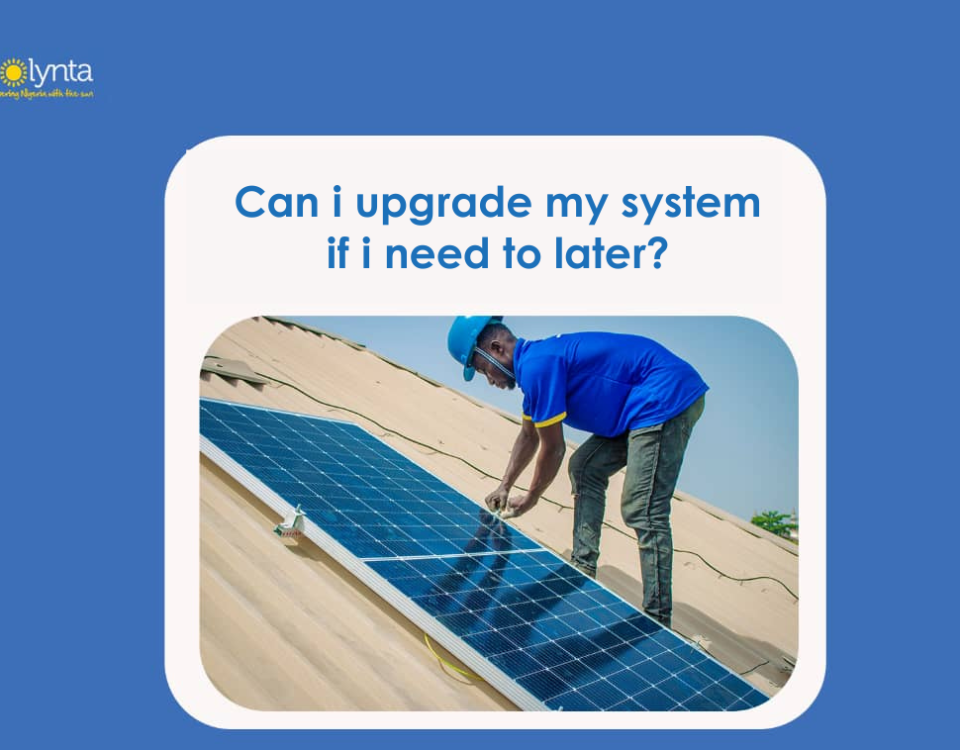EU WEIGHS IN HEAVILY ON NIGERIA’S RENEWABLE REFORM SCHEME.

Simple ways going solar will boost your finances.
2019-10-13
These Financial Solar Myths will keep from you growing
2019-10-20The European Union recently announced a €30 million sustainable energy investment fund for off-grid solution development in the country to demonstrate its diversity of engagement in transforming the sector.
Thank you for reading this post, don't forget to subscribe!The adoption of renewable energy is gaining grounds in the electricity sector, although this is not being matched in transportation and heating – which together account for 80 per cent of global energy consumption.While global trends are disappointing, recent experiences in Nigeria offer encouraging signs.
There is mounting evidence that with the right approaches and policies, the country can make substantial progress in clean energy and energy access, and improve the lives of millions of its people.
Reports show that as of 2015, the world obtained 17.5 per cent of its total final energy consumption from renewable sources, of which 9.6 per cent represents modern forms of renewable energy such as geothermal, hydropower, solar and wind. The remainder is the traditional uses of biomass (such as fuelwood and charcoal).
Based on current policies, the renewable share is expected to reach just 21 per cent by 2030, with modern renewable growing to 15 per cent, falling short of the substantial increase demanded by the SDG7 target.
In fact, Nigeria ratified the 2030 Sustainable Development Agenda I 2015 and signed the Paris agreement on climate change in 2017, which commits the country to a reduction in greenhouse gas emission, ranging from 20 per cent to 45 per cent by 2030.
As part of ways to implement the National Determined Contributions (NDCs) mitigation targets, the Federal Government is implementing an ambitious power sector reform totally with its commitment to provide by 2030 affordable and reliable energy and increase share of the renewable energy to 30 per cent as well as upscale the generation capacity to 30GW.
Nigeria’s electricity grid faces many challenges, including the insufficient grid-connection capacity to meet demand, inadequate infrastructure to make the country’s abundant gas available for power generation and an inefficient transmission and distribution system with limited coverage.
Consequently, 50 per cent of the electrical energy consumed in the country is produced off-grid by diesel and gasoline generators of all shapes and sizes and there is unmet demand amongst the rural populace.
These energy gaps can be reduced with renewable energy resources potential such as solar, wind, biomass and hydropower energy.
The European Union (EU) is leading the way in improving access to the sustainable supply of electricity in Nigeria, particularly for the poorest within the framework of the 11th European Development Fund (EDF) National Indicative Programme 2014-2020, and has allocated €150 million to the achievement of the national targets.
The purpose will be achieved by strengthening the capacity of relevant agencies in developing policies and tailoring regulations to improve the functioning of the sector. It includes further liberation of the sector, encouraging energy efficiency and diversifying further into sustainable energy sources.
The fund, Electrification Financing Initiative, (ElectriFI,) would be granted to Renewable Energy (RE) firms that meet some set criteria, including the viability of ideas, with the ultimate aim of growing strategic moves to close Nigeria’s energy gap.
Head of EU Delegation to Nigeria and ECOWAS, Ketil Karlsen, said finding the right mix to diversify Nigeria’s energy supply is important and has to be fueled by investments and infrastructure to give opportunities to entrepreneurs and developers in the sector.
Karlsen noted that the new fund comes after earlier support of a global window fund of €126 million of which Nigeria was a beneficiary. However, the new facility is solely a Nigerian window fund.
Source: NEC
